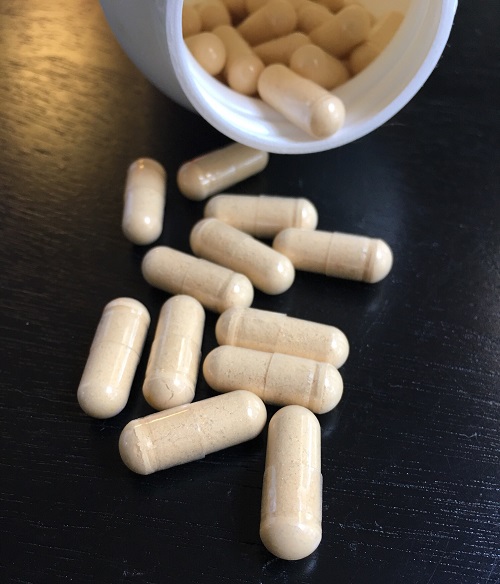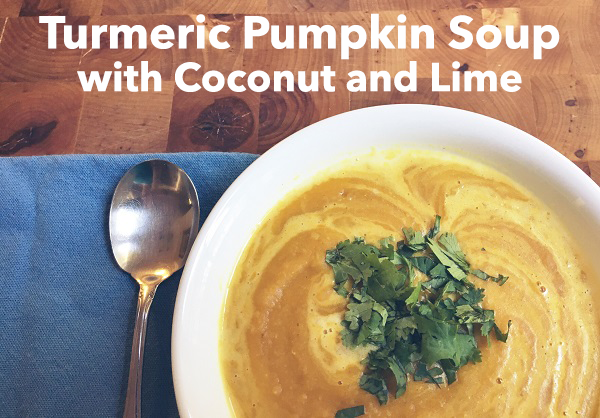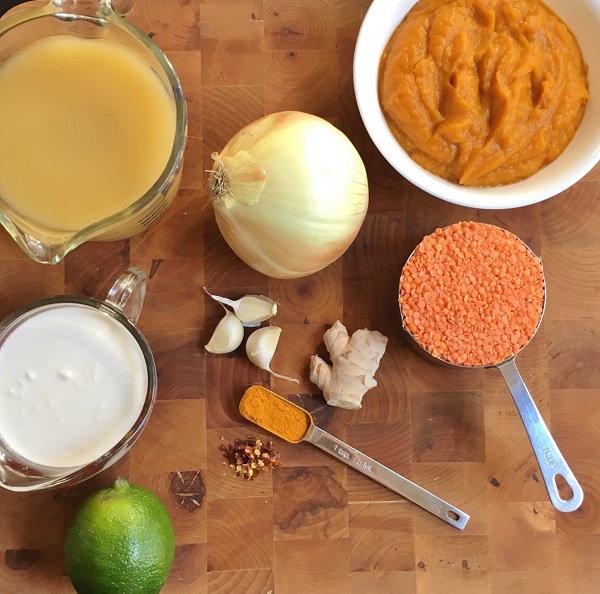
My preference, of course, would be for everyone to get all the nutrients their body needs for optimal health from the food they eat. In this day and age, however, that is getting harder and harder to do for many reasons…
Increased Nutrient Needs
Our modern toxic environment puts a heavy stress on our bodies. We have thousands of toxins in our air, water, food, and products we use daily that weren’t around a 100 years ago. Our bodies use nutrients as part of the detox process. Check out the liver photo in this blog to see the nutrients required. When we increase the toxic load on our body, our livers are working overtime, so they need more nutrients to do the job.
Increased stress levels can increase our nutrient needs, so if you have chronic stress, then your nutrient needs are going to be higher than normal. Our nutrient needs also increase if we have any kind of disease or infection, acute or chronic (heart disease, diabetes, gastro intestinal issues, etc). We all know that chronic disease states are on the rise. Many of the medications we might be taking on a regular basis can also increase our nutrient needs, mostly due to increased nutrient depletion. If you are curious about the medications you are taking, check out my blog Are Your Medications Depleting You? for more information.
Decreased Nutrients Consumed
As a population, we are consuming fewer nutrients than we did even just 100 years ago. There are several reasons for this including:
- The amount of processed food we eat has dramatically increased. American’s are currently consuming roughly 60-70% of their calories from highly processed foods. Typically, the more processed a food is, the fewer nutrients it contains.
- The plants foods we eat now are not at nutrient dense as they once were due to poor and declining soil quality, the increase in chemical use on crops, and other farming changes (like choosing varieties with the highest yield or quickest growth instead of nutrient density). Studies show that nutrients have decreased by as much as 30-40% (varies by nutrient and by crop) in just the last 100 years.
You can see that the combination of increased needs and decreased consumption can easily result in inadequate nutrient intake. If you are not paying close attention to getting the most nutrient dense foods available (or even if you are), you may benefit from a high quality multivitamin.
With increased nutrient needs & decreased nutrient intake, do you need a multivitamin? #saslife Click To TweetWhat is a high quality supplement?
Hopefully you understand that not all supplements are equal. Supplements can vary greatly in quality.
Poor quality supplements can contain binders, coatings, disintegrants, flow agents, fillers or lubricants that can not only impair nutrient absorption but can be harmful to us. They typically also contain the cheapest form of the nutrients, not the most absorbable form, and most also contain artificial colors and preservatives.
When you are taking a supplement, the goal is for it to break down easily when digested and for the nutrients to be absorbed. This doesn’t always happen with the poor quality supplements.
Ideally, you are looking for a multivitamin in capsule form with highly absorbable forms of the nutrients it contains. For example, calcium carbonate and magnesium oxide are cheap and poorly absorbable forms of calcium and magnesium found in poor quality supplements compared to calcium citrate, magnesium citrate and magnesium glycinate which are better quality and more absorbable. This is especially important if you already have any gastrointestinal issues or if you take medications that can impair digestion such as antacids like Pepcid or Zantac.
Here are a few high quality, general multivitamins:
- Thorne Research - Basic Nutrients 2/day
- Pure Encapsulations - PureGenomics Multivitamin (one-a-day)
- Designs For Health - Twice Daily Multi
There are several reputable websites that you can purchase these online, such as:
I would caution you against buying them off Amazon due to the increased incidence of scam supplements sold on Amazon.
There are many more individual factors that can play a role in deciding which vitamin is best for you. I highly encourage you to speak with an RDN (Registered Dietitian Nutritionist) that has experience with supplements.
Turmeric Pumpkin Soup with Coconut and Lime
Recipe Adapted From Homespun Capers
Makes 6 Servings
A different take on traditional pumpkin soup.
Ingredients
1 large onion, peeled and roughly chopped
1 Tbsp coconut oil
3 garlic cloves, peeled and roughly chopped
1 tsp ground turmeric
thumb size piece of root ginger, thinly sliced or grated (around 1 Tbsp grated)
1 tsp chili flakes
16 oz pumpkin puree (NOT pie filling!)
1 cup red lentils
4 cups low sodium stock
1 cup full fat coconut milk (the type in the can, not the carton)
2 Tbsp fresh lime juice (about half a lime)
1 tsp sea salt
Cilantro leaves, roughly chopped (optional)
Directions
- In a large sauce pan over high heat, sauté the onion in the coconut oil until softened. Add the garlic, turmeric, ginger, and chili flakes, and cook for a couple of minutes until fragrant. Add the pumpkin, lentils and stock, mix well and bring to boil and then cover and reduce to a simmer to cook for 20-30 min, or until the lentils are very soft and disintegrating.
- Once cooked, use a stick or immersion blender to puree the soup in the pot, or transfer half the pot at a time to a blender or food processor to puree. Add the coconut milk and heat through, but do not boil.
- Just before serving, add the lime juice and salt. Depending on the saltiness of the stock you used, you may need more or less salt.
- Serve topped with cilantro, if desired.
Note: This soup will keep refrigerated for up to 5 days. Add extra stock when reheating if soup thickens too much. If freezing, add coconut milk upon defrosting.
Nutrition facts per Serving: 240 calories, 9g fat, 450mg sodium, 29g carbohydrates, 8g fiber, 6g sugar, 12g protein
Click here for a printer-friendly version of this recipe.
Click here for a printer-friendly version of this blog post.
Save
Save




